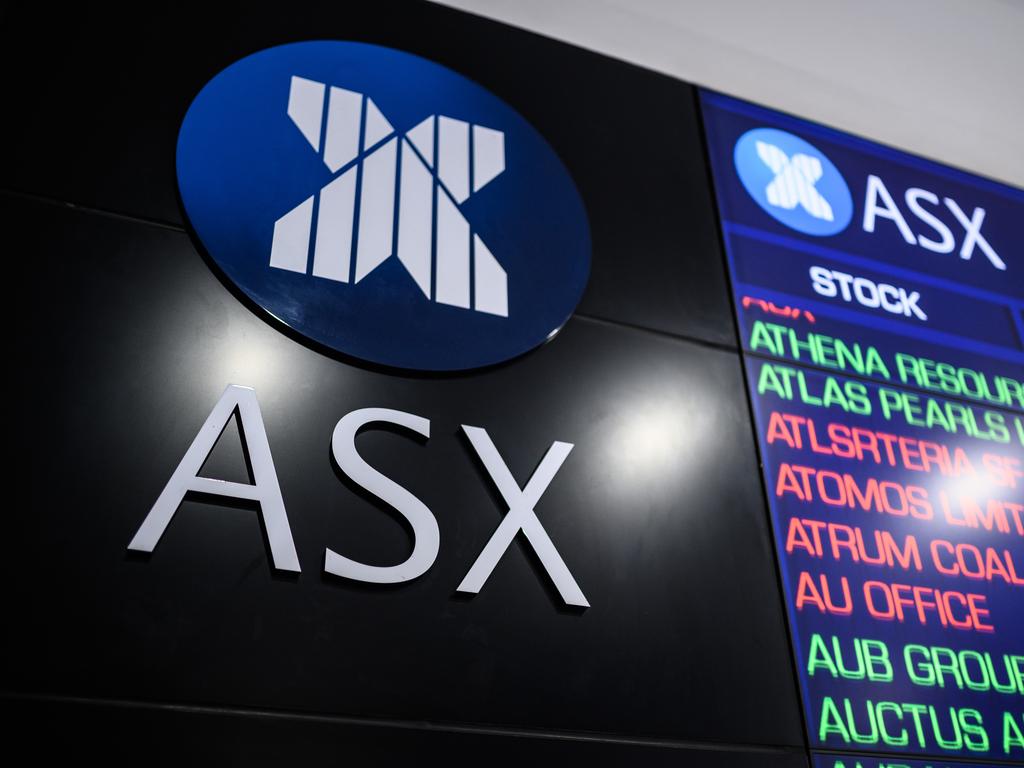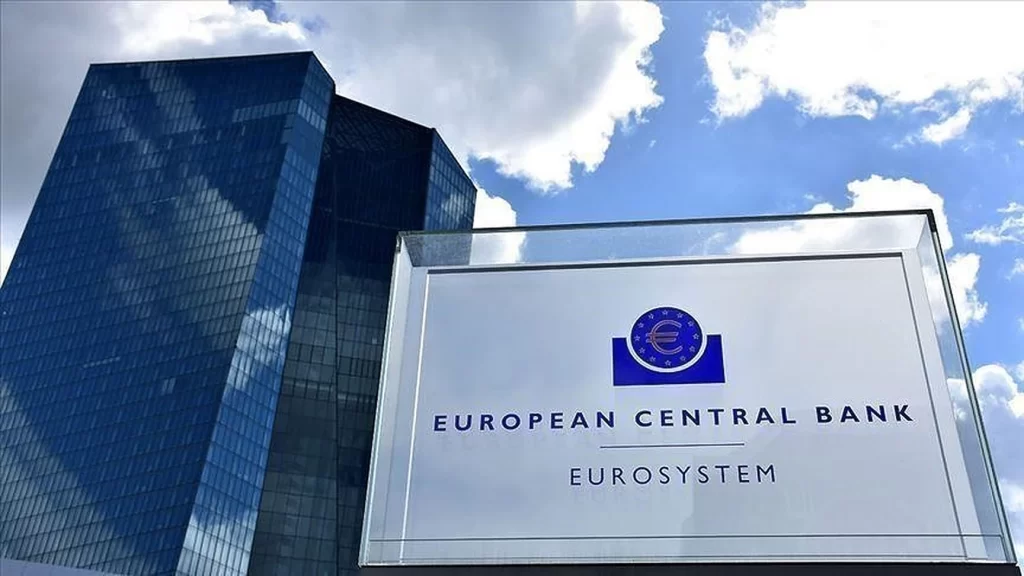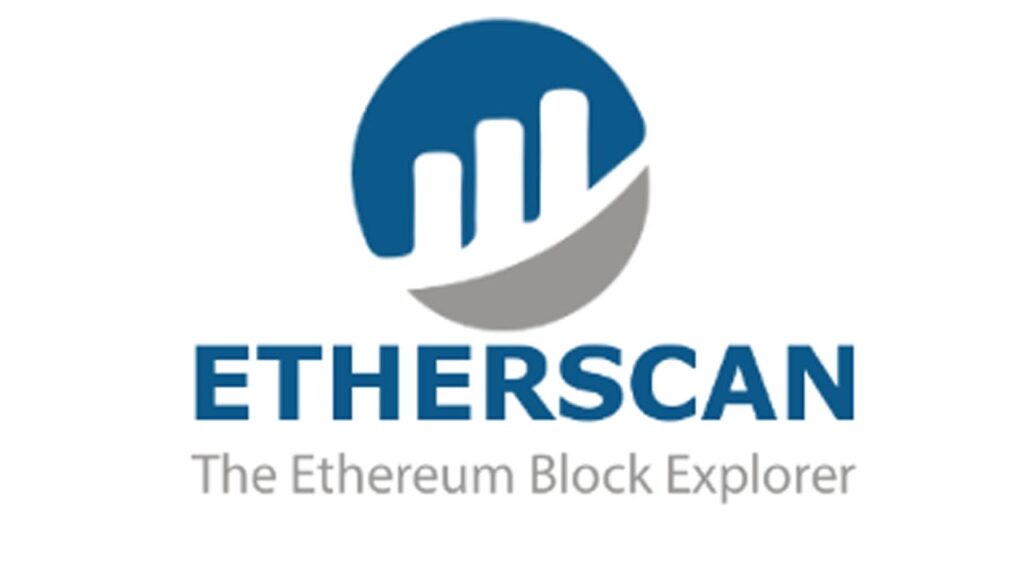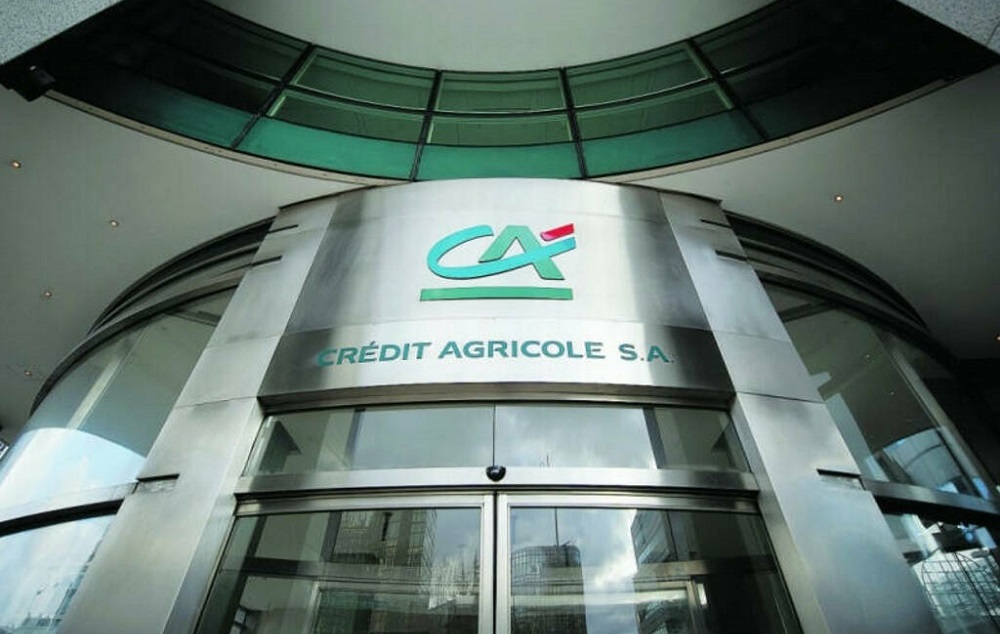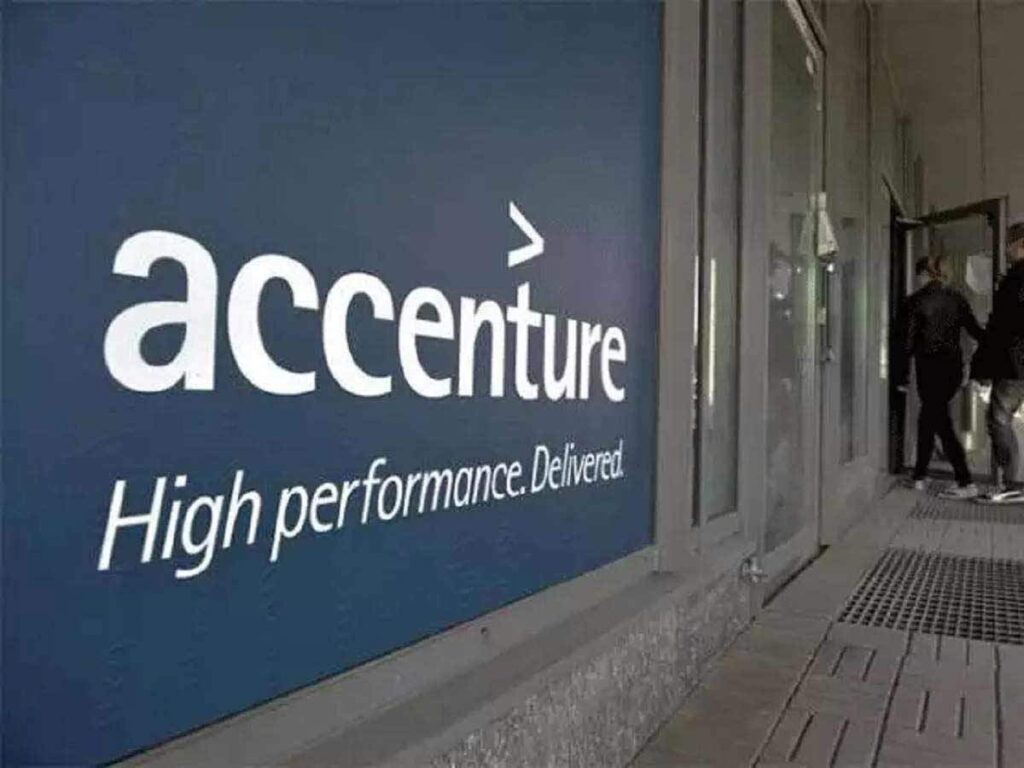Belgian financial authorities have issued a directive to Binance, a leading cryptocurrency exchange, demanding the immediate cessation of all virtual currency services in the country.
The Belgian Financial Services and Markets Authority (FSMA) took this action after Binance failed to provide satisfactory information regarding its non-European Economic Area (EEA) companies.
The FSMA’s notice, released on June 23, highlighted that Binance’s offering of crypto-related services from non-EEA countries violated Belgian laws concerning Anti-Money Laundering and Combating the Financing of Terrorism.
Consequently, the financial regulator instructed Binance to halt all associated services in Belgium with immediate effect.
According to the FSMA, Binance had control over an estimated 19 companies located outside the EEA that were involved in its operations or technical support.
However, these companies were not disclosed in the terms and conditions agreed to by Belgian users when signing up for Binance’s services.
Despite multiple requests for information, the regulator found Binance’s responses inadequate in identifying the nature of services provided by these companies.
The FSMA stated, “Despite the opportunities offered to Binance on several occasions, the latter has failed to demonstrate, with due documentation and proof, that the exchange services between virtual currencies and legal currencies and the custody wallet services that it offers and provides within Belgium.
The exchange services which are carried out by means of a legal entity governed by the law of another member state of the European Economic Area that is duly authorized by its home member state to carry out these activities, including within Belgium.”
As part of the order, Binance is required to notify and return all cryptocurrencies and private keys held for its clients based in Belgium.
In response to the FSMA’s decision, a spokesperson for Binance expressed disappointment and confirmed that the company would review the regulator’s notice.
This move by the FSMA is part of a broader trend, with multiple national regulators taking action against Binance.
Notably, the United States Securities and Exchange Commission (SEC) is currently pursuing a lawsuit against the exchange and its U.S. entity for alleged violations of securities laws.
Additionally, in January 2022, a Belgian parliament member, Christophe De Beukelaer, made headlines by announcing his intention to receive his government salary in Bitcoin for a year.
Other Stories:
Etherscan Launches AI-Powered Code Reader, Polygon Proposes zkEVM Upgrade
Coinbase Takes Unconventional Legal Approach Ahead of SEC’s Crypto Crackdown
ECB Executive Slams Cryptocurrencies as Platforms for Gambling, Calls for Regulatory Safeguards


